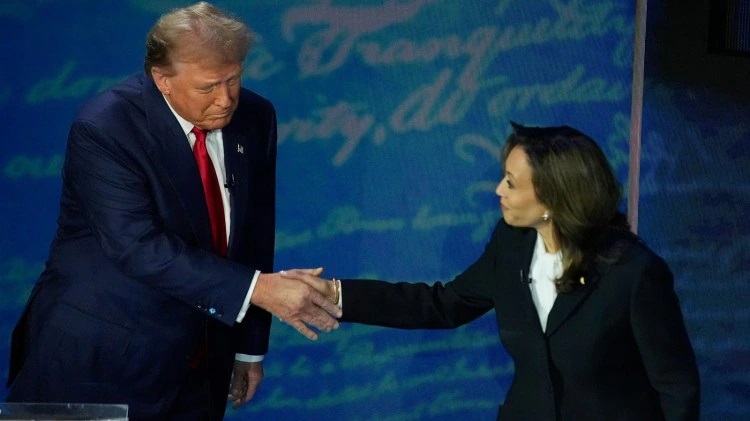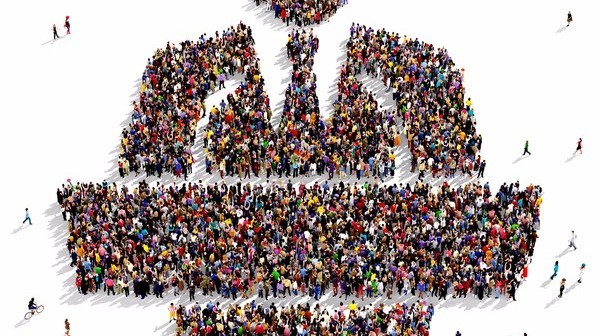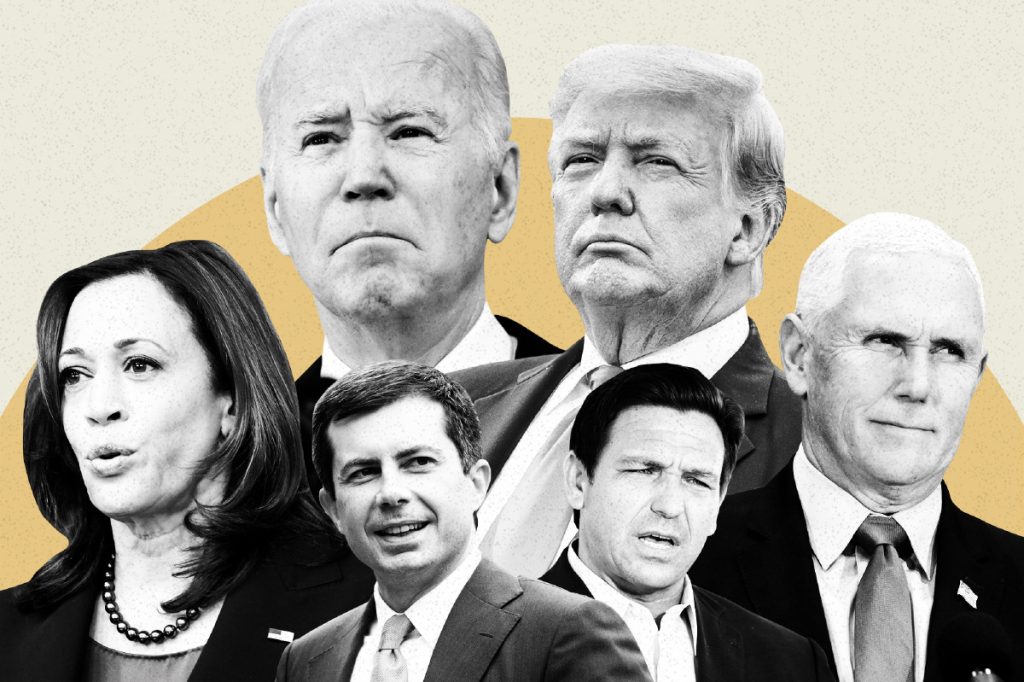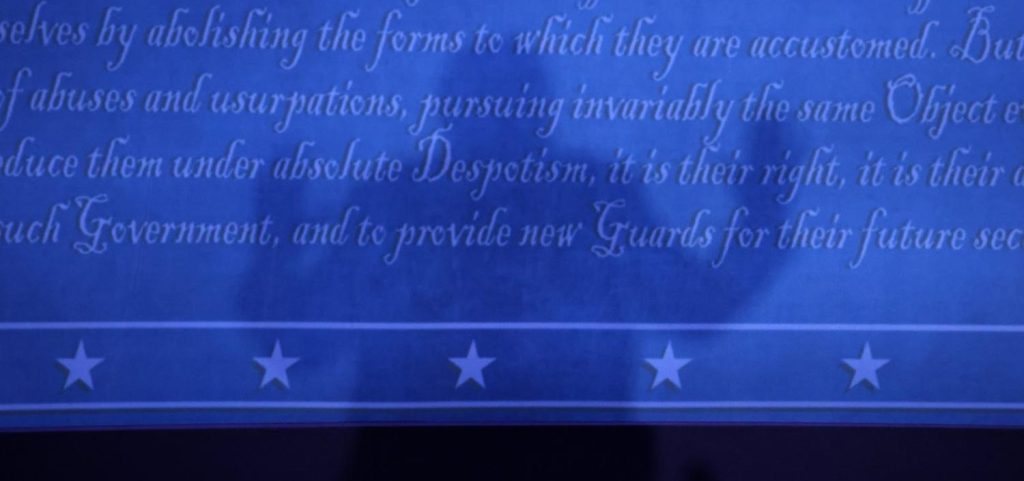President Behind Podium : The Real Story of Presidential Debates
Presidential Debates in the United States are one of the most democratic exercises in the country. It comes as a new and exciting experience to the contenders to sell their ideas, debate and later on, interact with the members of the country. These contests exude sufficient capacity to influence the sway electorate, even the opinions of the public, and can even change the outcome of the contest.

- A Brief History
The practice of holding debates during presidential elections in the United States is believed to have begun in the election campaigns of John F Kennedyand Richard Nixon. Visibly different, possibly even more than Elvis or Churchill, Kennedy with his sempiternal youthfulness and determination was a blatant opposite of Nixon’s blunt and sickly passive stance. The significance of the television debate in this context is undeniable. Kennedy managed to approach the electorate much more efficiently and, as a result, he won the elections in the most expensive wars.
Ever since the first television debates aired, it has become the norm in American politics. These have undergone some transformations over time due to advancement in technology, nature of the media and the audience’s desire. Currently, there is great emphasis on organizing and coordinating the debates, with rules and time limits embedded within the purpose of the arrangement.
- The Importance of Debate


The mass is exposed to debates within the course of democratic practice including elections because of various reasons. Most importantly, they offer the electorate the most direct way of availing themselves of a side by side comparison of vital issues raised before the electorate with all the contestants’ responses. Such voters are happy to this application as they look forward to question and answer interactions regarding administration with pronounced issues like healthcare, education, commerce, and global relations.
Further, debates can also have a positive spillover effect on the quality of argumentation in politics. Arguably, whenever intolerant intolerance is on the rise in various democracies across the world, debates can be a place where candidates speak about issues rather than attacking one another’s personality. It is possible, in this case, for presidential candidates, not only to argue in detail, picking out every weakness of the opponent, but also to make clear how intelligent and capable they are of ruling.
To conclude, it should be observed that presidential debates can help increase the turnout of voters on election day. They create enthusiasm, and interest, in the elections and thus even the adults will strive to vote for their favorite candidates. In situations when voters are educated and feel involved, they are even willing to exercise their rights of voting towards a healthy and active democracy.
- The Challenges and Criticisms

Inescapably, all the same controversies revolve around the nectar that is the presidential debate. Commonly, the negativity is of staged and overly rehearsed debates, wherein candidates are fully prepared each time but simply regurgitating rather than engaging the audience in partial abstraction. This can make the voters a bit restless and socially unresponsive.
One of the weaknesses is that the obsession with debates brings the problem that who can do the most ‘negative’ advertisements wins. Instead of debating issues, candidates will dwell on mudslinging and attacking their opponents’ personalities and so, opposition leaders’ candy debates make the debates lose taste.
Other things are organized as per the format of the debates and the moderator too. The topics chosen, the time given and the mood of the debate also matter in the outcome of the debate. Opponents argue that there is no guarantee that moderators will always stay neutral and high and that the structure of the debate is structured in favor of some parties.
- The Preside Debate in the Future

It can be expected that along technological advancement there shall also be transformation in the format and structure of presidential debates. The phenomenon of using social networks and other online resources has opened up the new possibilities of communicating with the audience and discussing issues with them in a real-time mode. There is a possibility that future debates will take place on social networking sites where voters will raise questions and vote on topics.
Besides these developments, there is also a movement to overhaul the debate. Detractors of this system argue that the current practice of debate is old fashioned and is incapable of addressing the audience. Others have been advocates for reforms in the treatment of formats, moderators, and issues in the focus of debates.
In sum, the debates of the presidential candidates bear enormous significance in the political setting of the United States. They create space for the aggressive expression of various visions by the stakeholders, ie, candidates, and allow the citizens to have interactive association with these candidates. Like any other process, there are problems, criticisms of the discussions and however the discussions remain an integral part of the process. The necessity of this debate has only grown as the country develops. And it is important for the debate to grow in accordance with the needs of the voters to remain beneficial in the processes of ideas exchange.


